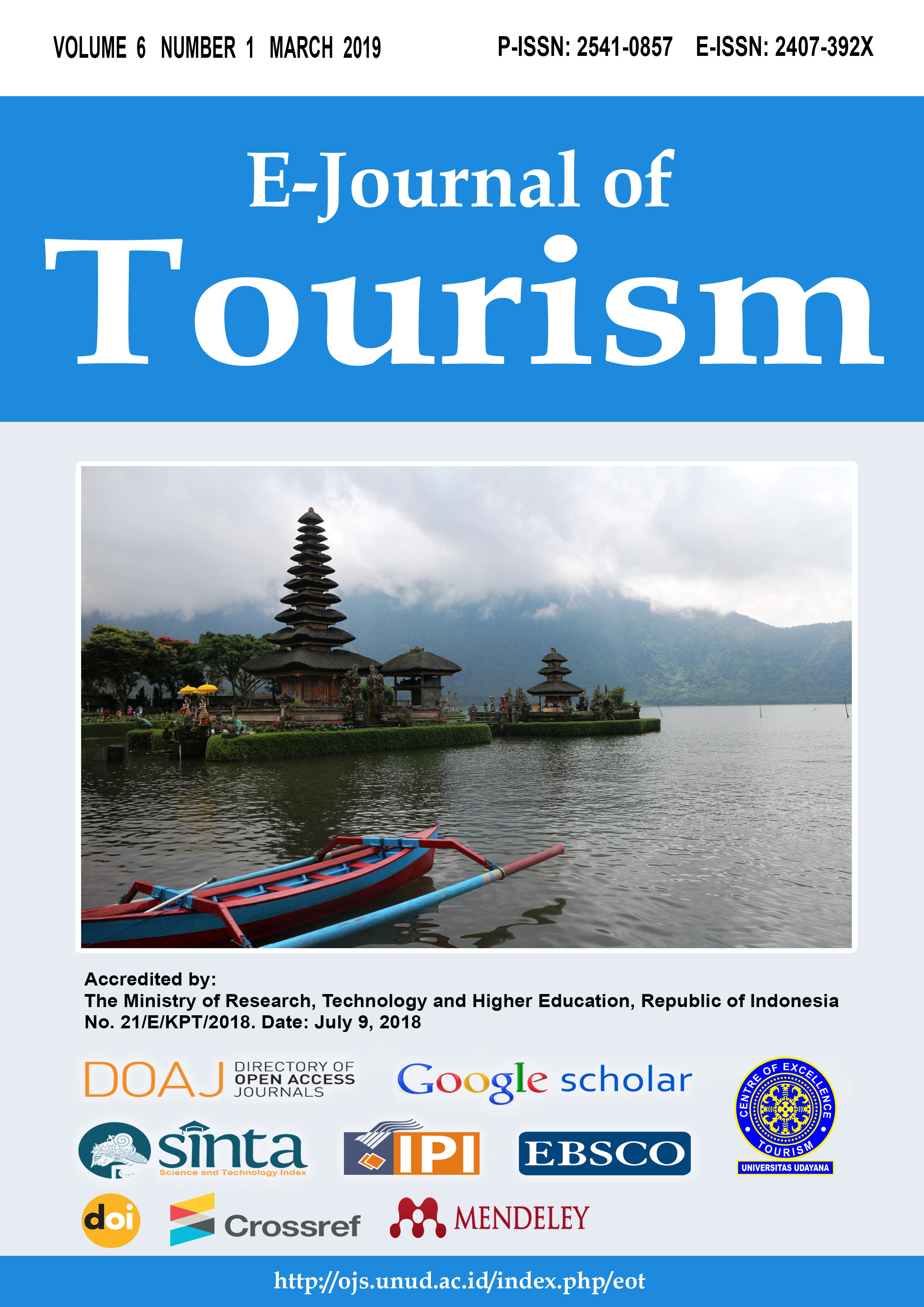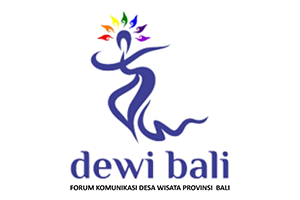Impacts of Transformational Leadership on Effective Implementation of CSR 2.0 – The Case of Croatia
Abstract
Lack of confidence in businesses, lack of transparency and new demands from various interested and responsible stakeholders calls for the application of new leadership styles that encourage simpler, faster and effective implementation of socially responsible practices in the organization. There are many definitions of leadership as it means different things to different people. Leadership is about setting vision, empowering, inspiring and influencing people and reaching the set goals. Leadership is not a synonym for management. Corporate social responsibility requires finding the appropriate balance of economic, ecological and socio-cultural determinants in any organizational system. It is important to develop and nurture leadership style that leads to healthy implementation of socially responsible practices and promotes positive organizational culture. Poor leadership brings a plethora of negative consequences. Transformational leadership, with more supportive and responsive leaders, boosts the transition towards Corporate Social Responsibility 2.0 or the so-called systematic or radical corporate social responsibility - a concept introduced and investigated by Visser (2012). This article analyses, evaluates and discusses CSR 2.0 and presents perspectives of senior level managers (hotel managers) on the concept of CSR 2.0. Hotel managers from the biggest Croatian hotel companies were interviewed. Author elaborates the applied leadership style and the interrelatedness of CSR 2.0 with the transformational leadership that can be seen as Leadership 2.0. Author further argues the importance of transformational leadership for the effective implementation of CSR 2.0. A set of required leadership competences for adopting and successfully implementing and/or reaffirming corporate social responsibility 2.0 is presented.
Keywords: Corporate Social Responsibility 2.0, Transformational leadership, tourism, Croatian hotel companies
Downloads

This work is licensed under a Creative Commons Attribution 4.0 International License.
The copyright of the received article shall be assigned to the journal as the publisher of the journal. The intended copyright includes the right to publish the article in various forms (including reprints). The journal maintains the publishing rights to the published articles.




















